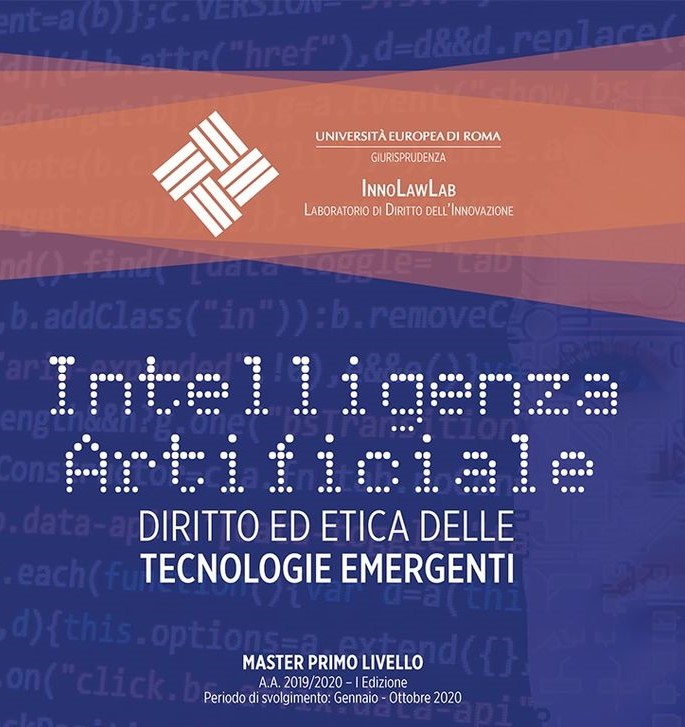Medicine and Artificial Intelligence

AI and new technologies are also widely applied in the #medical field, where these systems are used in the provision of health and care services, in support of research activities as well as in the surgical (robotic surgery) and biomedical fields.
To counteract the benefits produced in this sector by #digitalinnovation – which, in fact, contributes significantly to the advancement of medical-scientific knowledge – there are implications: the need to respect professional standards, mostly dependent on quality, fairness and integrity the data entered into the system; the use of predictive medicine tools and the consequent responsibility; the concrete possibilities of the machine to replace the human side inherent in the doctor-patient relationship; medical responsibility in the case of interconnected health systems; the patient’s privacy and, therefore, the methods of collection, use and dissemination of personal data processed from time to time.
These issues will be explored during the MASTER IN ARTIFICIAL INTELLIGENCE. LAW AND ETHICS OF EMERGING TECHNOLOGIES of the European University of Rome, with the #interdisciplinary approach that characterizes it and that this sector particularly requires.
